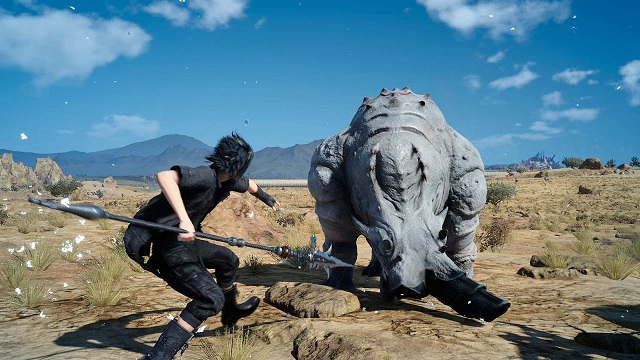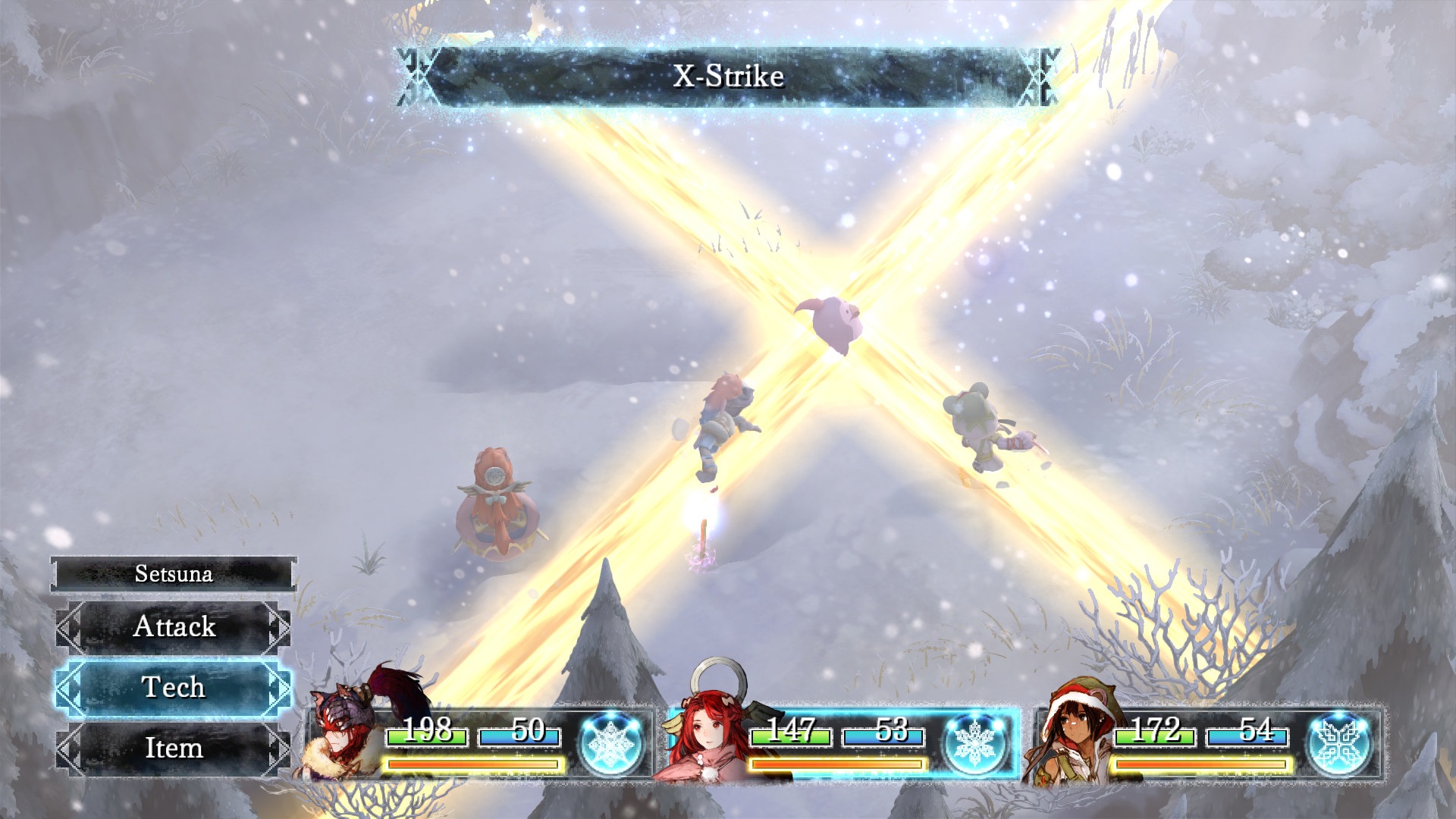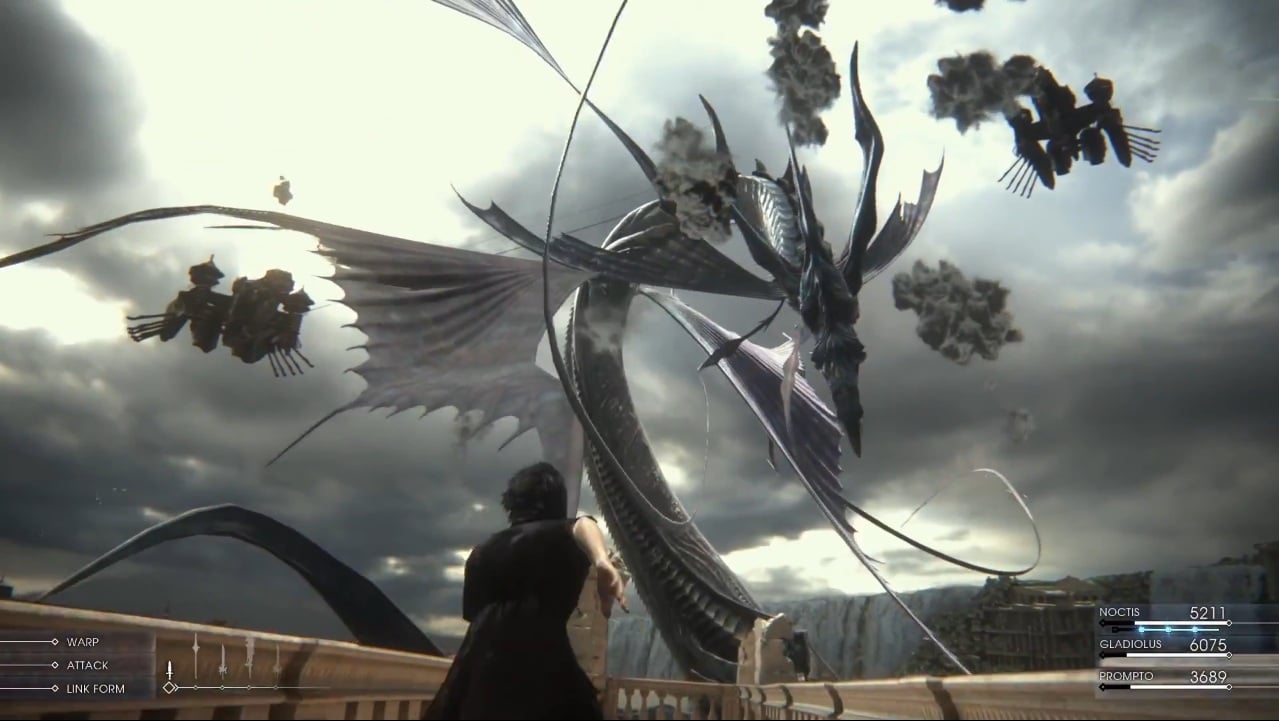The JRPG genre is one that is fueled by nostalgia, and most fondly regarded through older titles like Chrono Trigger and Final Fantasy 7. Once remembered as the dominant, most progressive type of game, the genre has seen better days in terms of sales and popularity.
The past two home console generations have seen a much smaller number of AAA games in the JRPG genre than previous ones, as it has mostly shifted towards the handheld market.
Ask nearly any JRPG fan what their favorite game is, and you will almost always garner an answer from before 2006. The last generation saw a few successful hits like Final Fantasy XIII, Tales of Vesperia, and Xenoblade Chronicles, but other than that the PS3/360/Wii era saw very few JRPGs. While Final Fantasy XIII evolved the formula the most, it was met with backlash from the community and mixed reviews due to linearity. Tales of Vesperia received stellar reception but followed many of the standard JRPG tropes found in previous entries in the series.
While JRPGs were stumbling to make an impact on the home console scene, the handheld market was a thriving ecosystem for those types of games. Bravely Default mixed classic JRPG elements like job classes and random encounters with a brand new battle system and engrossing story. Etrian Odyssey 4 was the best-selling game in the series, despite playing very similarly to previous entries in the series. The 3DS and Vita show that interest in old-school JRPG titles is thriving, and the low-cost for developing on these systems makes it the best environment to do so.
Some console games, like I Am Setsuna and Tales of Berseria, exemplify JRPG gameplay are still in high demand, but that doesn’t mean there’s no room for advancement. Final Fantasy XV is the best example of a rooted franchise expanding past what it’s known for. A pioneer of JRPG gameplay, the Final Fantasy series continues to break the mold and redefine the genre. Just like Final Fantasy VII did in 1997 with its jump into 3D and introducing the Materia system, Final Fantasy XV changes the way JRPGs are meant to be played. The game mixes action RPG elements along with deep character progression through skills and experience. The game also pushes Square Enix’s reputation of bringing cutting edge graphics to the next level, with stunning character models and a vast detailed world.
Other than a few key titles here and there, the JRPG formula remains mostly untouched. Protagonists are still mysteriously being struck by amnesia, a huge world-ending twist is almost guaranteed in these games, and grinding continues to be hugely prominent. JRPG developers could take a lot of cues from western RPG games like The Witcher 3 and Mass Effect that are booming right now. These western RPG games generally have more open-ended stories, impactful decisions, and thriving living worlds.
Luckily, JRPG games are by no means doomed. The handheld market keeps the market alive, and with huge games like Persona 5, NieR: Automata and Xenoblade Chronicles 2 coming out, there are many opportunities to evolve the genre. The original Xenoblade Chronicles showed that JRPGs don’t have to follow a specific formula to be successful. The Wii game has no random battles, a completely unique combat system that mixes real-time with MMO-style commands, and a completely non-linear explorable world. The game was adored by JRPG fans along with people who don’t normally play those games.
Games like I Am Setsuna and the recently announced Octopath Traveler emphasize the demand for SNES-era JRPG games. Nostalgia has proven time and time again that it sells, and developers like Square Enix will continue to release remasters and remakes of games like Dragon Quest and Final Fantasy as long as they keep printing money. However, the JRPG genre is not completely trapped in the 90’s. As developers see success through games like Xenoblade Chronicles and Final Fantasy XV, they will continue to evolve to meet customer expectations. Money talks — and as long as developers are profiting from ambitious titles like the upcoming NieR: Automata and Persona 5, the genre can prosper with new ideas and execution.










Published: Feb 8, 2017 08:57 pm